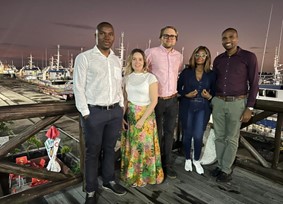
Savonia Article: Developing Cultural competence in Erasmus+ Global SA-IS (Savonia ISCISA) project
#SavoniaUAS
Introduction
Let’s face it: we all have preconceived notions about people from different cultures. There may be various reasons for this like the fear of the unknown or the influence of stereotypes. In today’s interconnected world, this approach has limited value. To navigate the increasingly diversifying global world, we need to develop our cultural competence with knowledge and courage. By learning about different cultures and stepping outside of our comfort zones, we as individuals are able to build our cultural competency. It’s important to assess our current level of cultural competence and actively work to develop these skills. This article continues the series of Publications describing the Erasmus+ Global project with Savonia and of Instituto Superior de Ciências de Saúde (ISCISA), which aims to enhance the cultural competence of both healthcare institutions where, students and teachers develop activities.
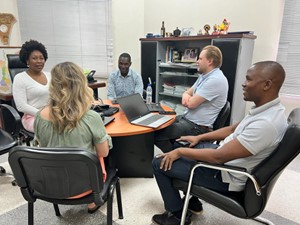
The Erasmus+ Global Savonia-ISCISA Project
Savonia and Instituto Superior de Ciências de Saúde (ISCISA) are collaborating in a three-year (1.8.2022-31.7.2025) Erasmus+ Global project, which aims to develop both students and teachers’ cultural competence. Cultural competence will be developed by co-creating an online course and via teacher exchanges. Additionally, Savonia will be supporting ISCISA in developing their online teaching competencies. The institutions develop their activities in two beautiful and culturally diverse countries, where teachers and students share cultural experiences.
Developing the Online Course for Cultural Competence and International Exchange
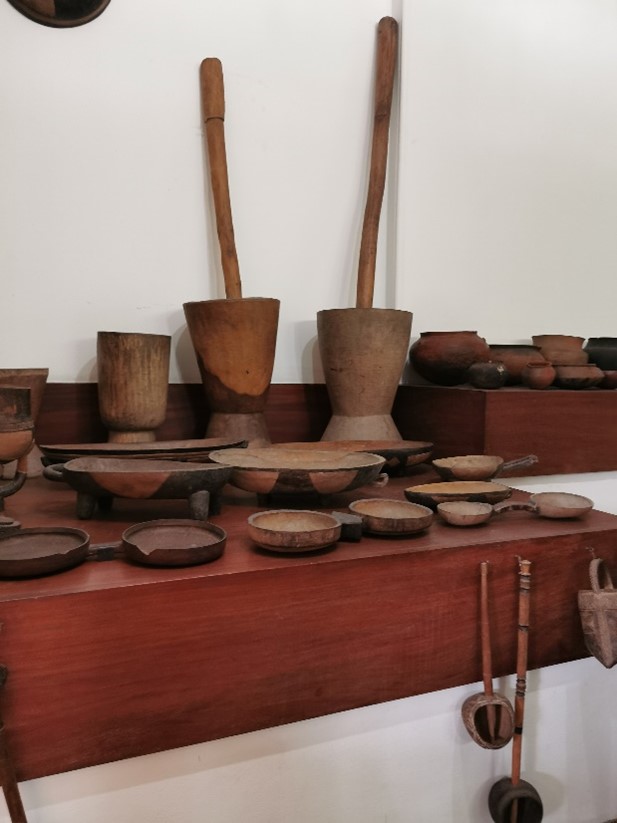
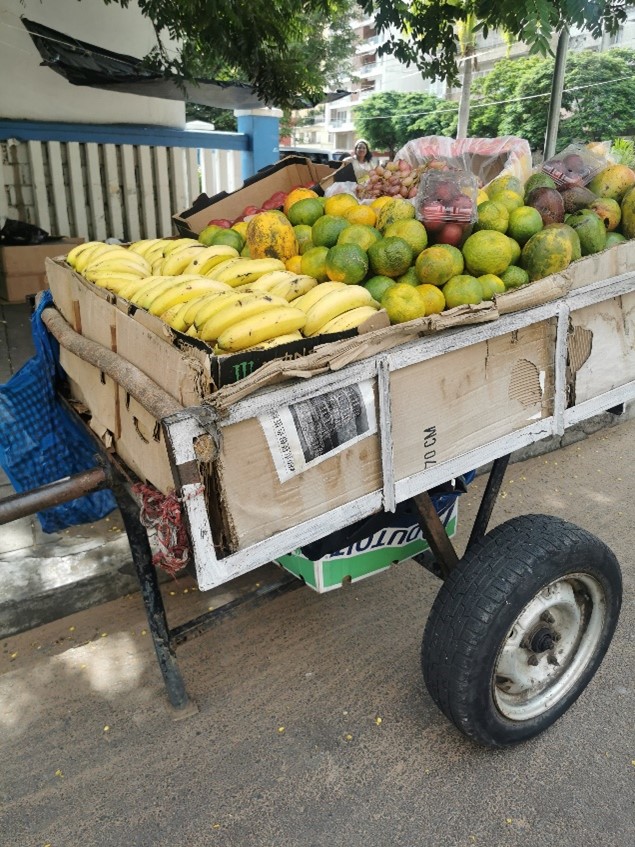
The course will be designed for the needs of Savonia and ISCISA students and teachers and it will be published via Edunia, Savonia’s open-access learning platform. The course will feature a diverse range of interactive learning materials, including 360-degree virtual tours and engaging learning activities. The learning activities will focus on self-reflection and encourage individuals to examine and challenge their own thoughts, assumptions, and biases. The course is scheduled to launch in fall of 2023. The course will be primarily taught in English.
Cultural competence is an essential skill for everyone, regardless of their profession or country of residence. To help learners self-reflect on their cultural awareness, cultural knowledge, cultural skills and sensitivity, we have created an evaluation test for all Savonia and ISCISA exchange students and teachers. Learners will complete the test before and after exchange, and we will examine the differences. The online questionnaire will provide insight into the impact of cultural exchange on individuals’ thoughts and skills regarding cultural competence.
Discussion
In conclusion, it is evident that cultural competence skills are essential for each one of us and their importance will increase in the future. To develop these skills, we require information, education, and experiences that help us to challenge our thoughts and assumptions, about people, religious, human colors, places and societies. It’s not always easy to confront our own biases, but it is necessary as we all share the same world. Developing cultural competence skills are essentially important in healthcare, where understanding diverse perspectives can significantly impact patient care. Cultural competence in healthcare is about valuing, understanding and respecting differences, without viewing them as better or worse.
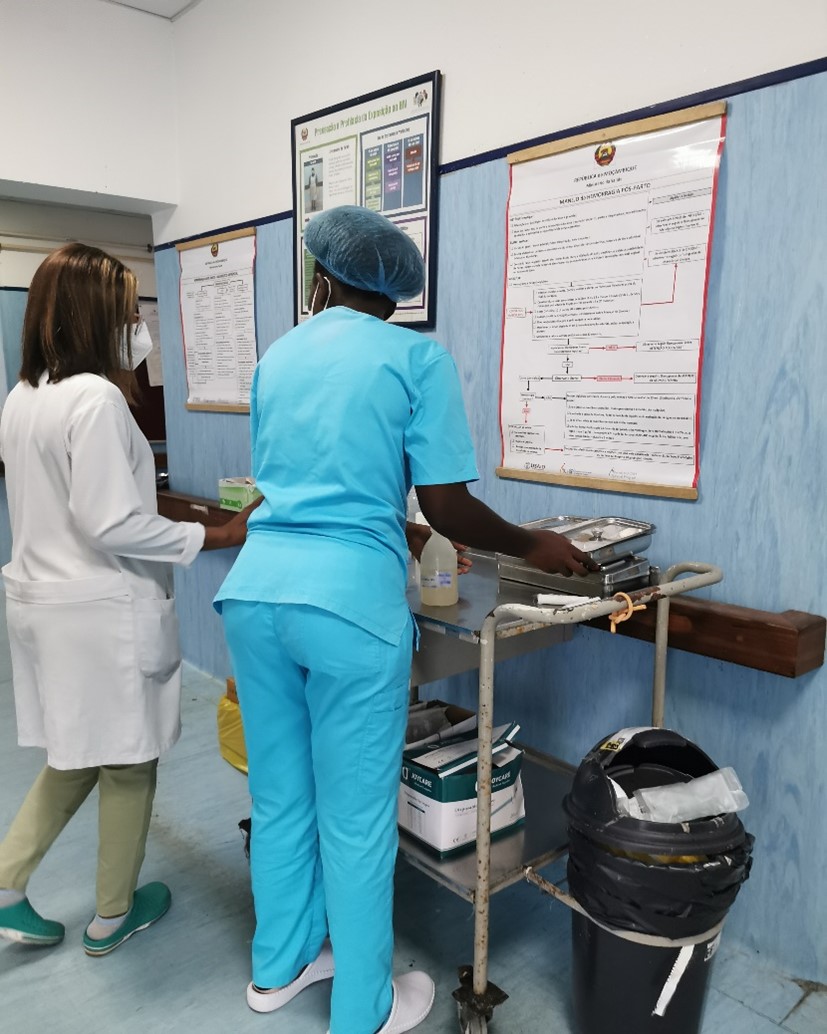
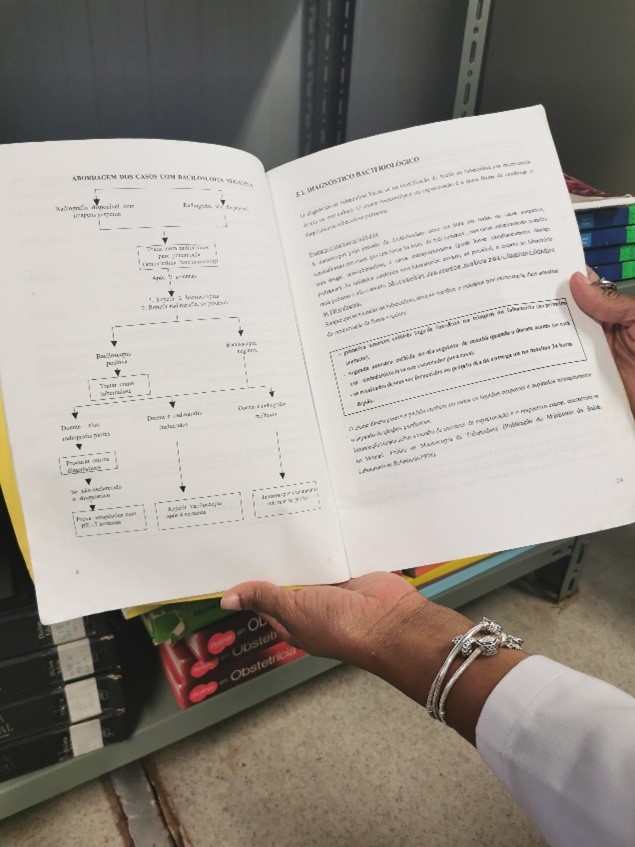
We also need the courage to ask each other about cultural aspects and actively seek information. It is important to approach other cultures with a genuine and positive interest. Individuals need to find their inner motivation to develop and challenge ones thinking.
Cultural open-mindedness is crucial, as everyone has preconceived notions about others. Through the course, the aim is to develop cultural competence, promote understanding and bridge the gaps between diverse cultures.
Authors:
Mikko Myllymäki, Senior Lecturer, MSc, RN. Savonia University of Applied Sciences, Department of Health care, mikko.myllymaki@savonia.fi
Pauliina Rissanen, Senior Lecturer, MSc, PHN. Savonia University of Applied Sciences, Department of Health care, pauliina.rissanen@savonia.fi
Leonel Monjane, Senior Lecturer, MSs, BT. Instituto Superior de Ciências de Saúde, Area das Ciências de Diagnóstico, leonelfidalgomonjane@iscisa.ac.mz
